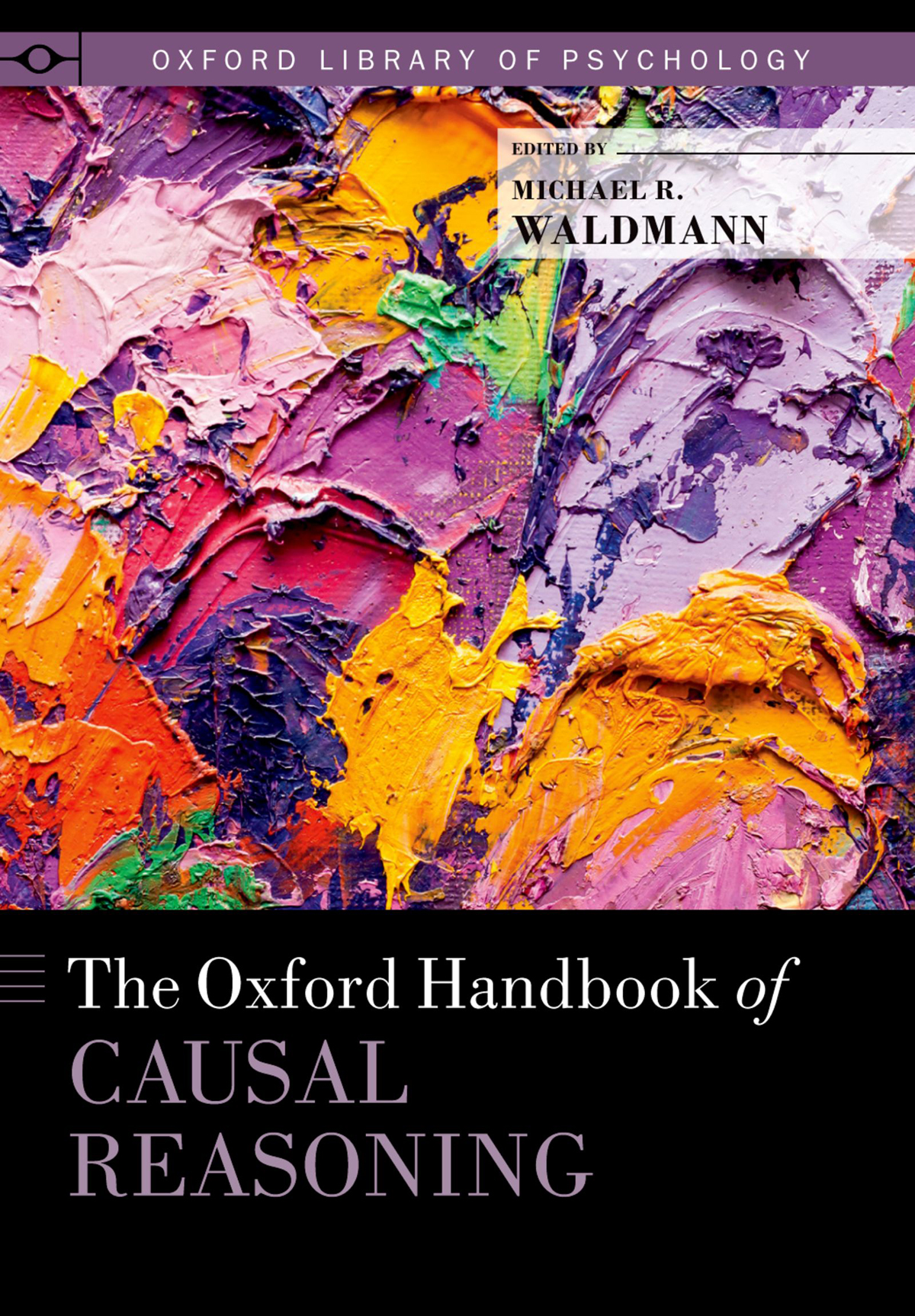

Most ebook files are in PDF format, so you can easily read them using various software such as Foxit Reader or directly on the Google Chrome browser.
Some ebook files are released by publishers in other formats such as .awz, .mobi, .epub, .fb2, etc. You may need to install specific software to read these formats on mobile/PC, such as Calibre.
Please read the tutorial at this link: https://ebookbell.com/faq
We offer FREE conversion to the popular formats you request; however, this may take some time. Therefore, right after payment, please email us, and we will try to provide the service as quickly as possible.
For some exceptional file formats or broken links (if any), please refrain from opening any disputes. Instead, email us first, and we will try to assist within a maximum of 6 hours.
EbookBell Team

4.7
76 reviewsCausal reasoning is one of our most central cognitive competencies, enabling us to adapt to our world. Causal knowledge allows us to predict future events, or diagnose the causes of observed facts. We plan actions and solve problems using knowledge about cause-effect relations. Although causal reasoning is a component of most of our cognitive functions, it has been neglected in cognitive psychology for many decades. The Oxford Handbook of Causal Reasoning offers a state-of-the-art review of the growing field, and its contribution to the world of cognitive science. The Handbook begins with an introduction of competing theories of causal learning and reasoning. In the next section, it presents research about basic cognitive functions involved in causal cognition, such as perception, categorization, argumentation, decision-making, and induction. The following section examines research on domains that embody causal relations, including intuitive physics, legal and moral reasoning,...